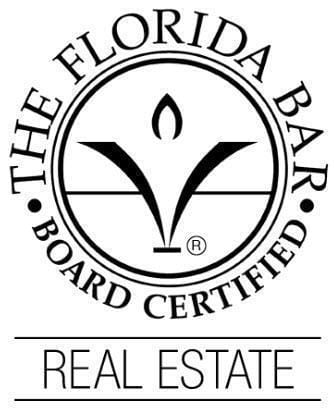Like-kind exchanges, otherwise known as 1031 exchanges, are a great way for property investors to defer capital gains taxes. By engaging in a like-kind exchange, you will need to show that the profit you made from the selling of a property will be directly invested into another investment property.
If you want to benefit from engaging in a like-kind exchange, you should make sure that you have a thorough understanding of the intricacies of the law before proceeding. By doing so, you will be able to prepare yourself for a smooth process.
What are the key deadlines?
Within 45 days of closing on the relinquished property, the investor must identify possible replacement properties and document these choices in writing. The investor must also close on their replacement property within 180 days.
What documents need to be included?
You will need to have a qualified intermediary who will provide an exchange agreement, and documents to show that you designated the possible replacement properties within the 45-day window.
What types of property can I purchase?
Being involved in a like-kind exchange does not mean that you are obligated to buy the same type of property. “Like-kind” refers to the fact that it must be the same type of investment. For example, if you sold an investment property that took the form of a shopping center, you will be able to exchange it for an apartment building, for example.
If you want to avoid capital gains tax when selling your property, you should make sure that you have looked into the wide range of options available to you.




